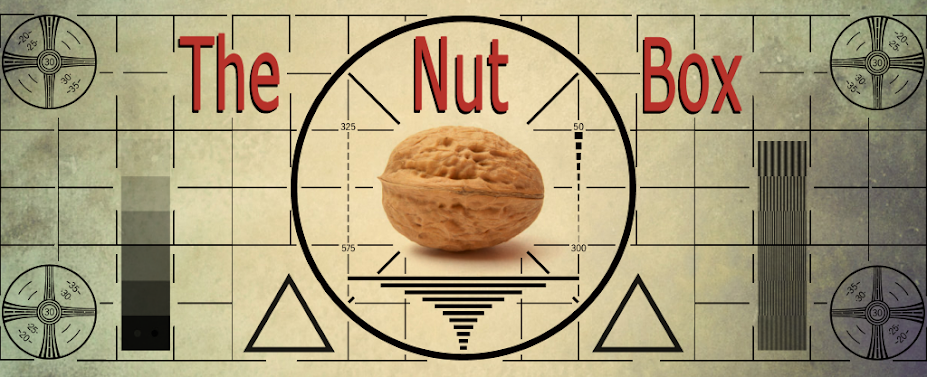Four adventurers (kids under 16) entered the Castle of Confusion in the hope of conquering its dungeon. One wore the Helmet of Justice, which limited what he/she could see, and entered the dungeon proper. The remaining three stayed behind to act as guides, able to see on a screen where their friend was, to direct and keep the Dungeoneer from falling into imaginary pits of doom and suchlike.
The rules of the game were overseen by Treguard the Dungeon Master, pictured above, a noble(ish) born Saxon, he would give occasional clues and hints to either help solve a puzzle or feed the team's nervousness. Treguard rocks!
Even though it was all for the children, the adults were the real stars. They treated the chroma key (blue screen) locations as a kind of stage, treading boards that weren't there as enthusiastically as they would if they actually did exist. In short, they were a theatre troupe doing what they do best: bringing theatrical life to an otherwise empty space. In addition, they had to ad lib when the kids turned out to be more stupid than they'd anticipated for, which was often. It's not unfair to say that some of the contestants hit every branch of the stupid tree when they fell.
Each year the dungeon would shift, offering new challenges and presenting new recurring characters. Even Trequard (Hugo Myatt) got himself an aide or two, my favourite being the elf Pickle (David Learner), who started out a little annoying but grew into a truly memorable part of the show in his second year.
The rules were unevenly enforced; it could be overly-harsh one minute and too forgiving the next, depending on how thick the kids were. It started out pandering to them, but soon got bored with that approach. In S3 the cast toyed with humiliating them, successfully, and in S4 the level design almost sent a few of the clumsier ones to the casualty ward. When a team who knew what they were doing featured, the show became the thing that it was envisioned to be: magical.
112 episodes, approx 25 minutes each.
4½ watchers of illusion out of 5


